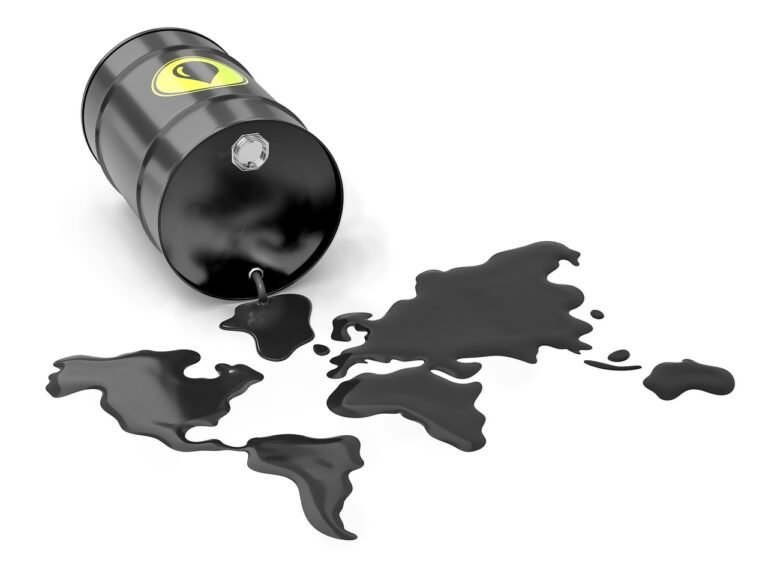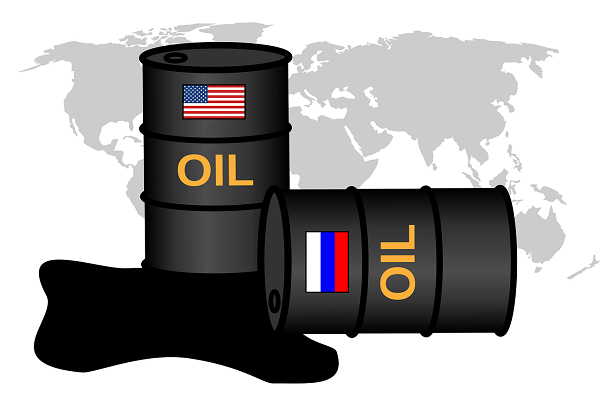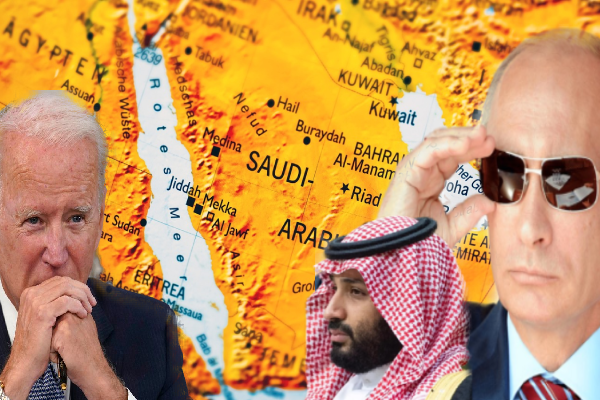In the introductory section, it’s essential to emphasize the foundational role of oil in shaping American engagement in the Middle East. The recognition of oil as a strategic resource has been a driving force behind the U.S.’s diplomatic, economic, and military involvement in the region. The pursuit of a stable and reliable oil supply has not only influenced alliances and partnerships but has also contributed to the formation of policies and interventions that seek to safeguard these vital energy resources.
Historical Foundations: Oil Diplomacy in the Early 20th Century
Delving into historical foundations, it becomes crucial to highlight the early efforts of oil diplomacy in the 20th century. The discovery of vast oil reserves in the Middle East prompted the U.S. to establish diplomatic ties with oil-producing nations. Agreements, such as the Red Line Agreement, reflected the strategic importance of securing access to these resources. This period laid the groundwork for long-term relationships and set the stage for the United States’ enduring interest in the Middle East’s oil.
Examining the post-World War II era, the focus should extend to the oil imperative within the context of Cold War dynamics and the Eisenhower Doctrine. As the Cold War intensified, control over oil resources in the Middle East became intertwined with the geopolitical struggle between the U.S. and the Soviet Union. The Eisenhower Doctrine solidified America’s commitment to the region, emphasizing the strategic importance of the Middle East in securing the vital energy resources required for global power dynamics.

The Suez Crisis and the Emergence of a Superpower: Navigating Oil Routes
In discussing the Suez Crisis, it’s crucial to underscore the role of oil routes and their impact on American foreign policy. The Suez Canal, a vital maritime route for oil transportation, became a focal point during the crisis. The U.S. intervention, alongside the Soviet Union, showcased the superpower status of the United States and its determination to assert influence to ensure the uninterrupted flow of oil through crucial transit points.
The Arab-Israeli Conflict: A Balancing Act of Oil and Alliances
Within the context of the Arab-Israeli conflict, the narrative should include a nuanced exploration of the delicate balancing act the U.S. has undertaken. While supporting Israel as a key ally, the U.S. has also maintained relationships with Arab nations crucial for oil access. The 1973 oil embargo, a response to U.S. support for Israel, highlighted the intricate web of alliances and the vulnerability of American dependence on Middle Eastern oil during regional conflicts.
The Gulf Wars: Military Interventions and Oil Security Reconsidered
Examining the Gulf Wars, it’s essential to delve into the reconsideration of oil security in the aftermath of military interventions. The liberation of Kuwait in 1991 secured oil flow and reinforced the U.S. military presence in the region. However, the 2003 invasion of Iraq, driven by multiple factors, including oil considerations, led to a reevaluation of the unintended consequences of military interventions and their impact on oil dynamics and regional stability.
Strategic Alliances: Economic Interests, Security Cooperation, and Diplomatic Maneuvering
In exploring strategic alliances, attention should be given to the multifaceted nature of these relationships. Economic interests, security cooperation, and diplomatic maneuvering have been interwoven in alliances with major oil-producing nations like Saudi Arabia and the Gulf States. These alliances have not only secured a steady supply of oil but have also played a pivotal role in shaping the broader geopolitical landscape of the Middle East
Energy Security: Adapting to a Changing Landscape of Renewable Energy
Discussing energy security, the analysis should extend to the changing landscape of renewable energy. As the world shifts towards sustainable energy sources, the U.S. is faced with the challenge of adapting its energy security paradigms. Balancing the continued dependence on Middle Eastern oil with advancements in renewable energy technologies becomes a critical consideration in the ongoing evolution of American foreign policy.
Humanitarian Concerns and Political Stability: Ethical Dilemmas and Oil Security
Within the realm of humanitarian concerns and political stability, a paragraph should explore the ethical dilemmas arising from the intersection of oil security and U.S. commitments to human rights. The support for authoritarian regimes, at times in the interest of oil security, has raised ethical questions and criticism. The delicate nexus between economic interests and the promotion of political stability and human rights presents an ongoing challenge for American foreign policy in the Middle East
Global Economic Impact: Oil Markets and the Interconnected Global Economy
In examining the global economic impact of Middle Eastern oil policies, a paragraph should delve into the ripple effects on oil markets and the interconnected global economy. Disruptions in oil supply, geopolitical tensions, and conflicts in the Middle East can reverberate through the global economic system. As a major economic player, the U.S. is intricately connected to the stability of oil markets, emphasizing the far-reaching consequences of its policies in the Middle East on the world stage.
Challenges and Future Prospects: Adapting to a Changing Energy Landscape
In discussing challenges and future prospects, the narrative should explore the need for adaptation in the face of a changing energy landscape. The ongoing shift towards renewable energy, regional conflicts, and the imperative to balance economic interests with ethical considerations pose formidable challenges. The Biden administration’s emphasis on diplomatic solutions and multilateralism signals a potential shift in approach, but the evolving dynamics of the region demand continuous adaptability in navigating the complex terrain of Middle Eastern geopolitics centered around oil.
Conclusion: A Continuing Saga of Geopolitics and Oil
In the concluding section, the emphasis should be on summarizing the intricate tapestry of American foreign policy in the Middle East with a focus on oil. From the early 20th century to the present day, the U.S. has navigated the complexities of geopolitics, regional conflicts, and shifting energy landscapes. As the world moves towards a more sustainable energy future, the United States faces the challenge of redefining its role in the Middle East, mindful of the lessons learned from decades of navigating the geopolitics of oil. The saga continues, with the intricate interplay of American foreign policy evolving in response to a changing world and energy paradigm.

